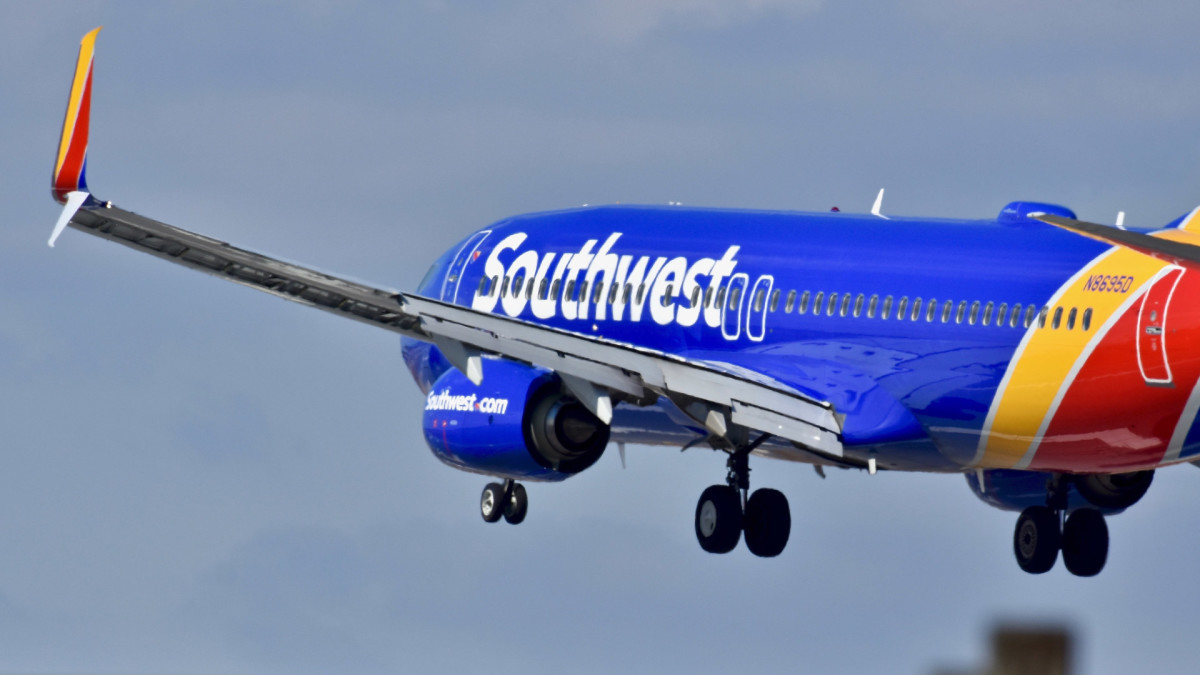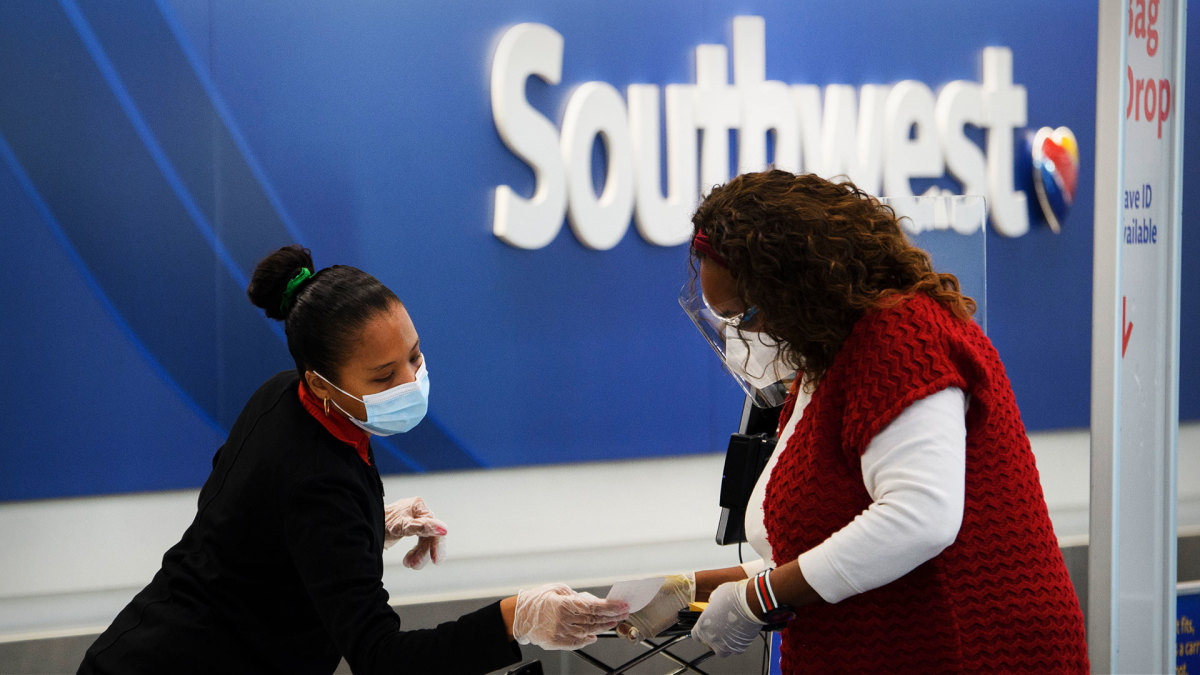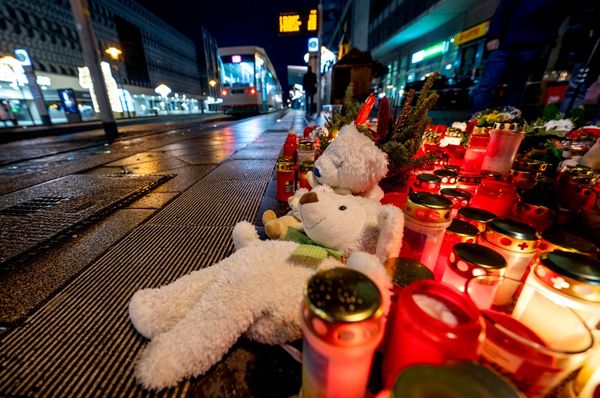
Southwest Airlines' boarding policy is divisive.
Many of the airline's frequent flyers love the company's no-assigned-seating system because they know how to manipulate it. But for people who end up on the airline but don't exactly know how it works, the setup can be a disaster.
Passengers who are new to Southwest Airlines (LUV) -) or fly it infrequently may not know the ins and outs of the system, which can leave them with a dreaded position in one of the later boarding groups.
Related: American Airlines follows United with passenger-unfriendly change
Southwest does not assign seats. Instead, when passengers check in starting 24 hours before their flights, they assigned a boarding group (A, B, or C) and a numbered position (1-60).
Since the A group boards first, that's the most desirable one to be in if you want a choice aisle or window seat and access to overhead bins.
High-level members of Southwest's Rapid Rewards loyalty program get checked in before people can manually check in. This usually gets those frequent flyers an "A" position. If it doesn't, A-List and A-List Preferred members can board after the "A" group but before everyone else.
In most cases, the airline also offers what it calls Early-Bird Check-in for an added fee. And it also sells Business Select seats that guarantee an A-15 spot. If those aren't sold out, passengers can upgrade to them for an added cost on the day of their flights at the airport.
But no matter what you pay or how loyal you are, you won't be the first person on the plane. That honor goes to preboarding passengers. Those are people with disabilities who need extra time.

Image source: Patrick T. Fallon / AFP
Southwest has a boarding problem
View From the Wing's Gary Leff recently highlighted a phenomenon with which many Southwest frequent flyers are familiar. He's blunt in assessing how some people take advantage of the process.
"Southwest allows passengers with disabilities to preboard, before those paying for business select (A1 – A15 boarding positions) and elite frequent flyers. This is largely on the honor system, and as we know most people lack honor," he wrote.
Leff shared an example from social media, where more than 50 people boarded early — with 25 using wheelchairs — and none of those passengers needed help or wheelchairs to get off.
That's an extreme example, but it's common enough on Southwest flights that people have nicknames for it like "Southwest Miracle" and "JetBridge Jesus."
"Yes, I know that not all disabilities are visually obvious, but the situation is clear when dozens of passengers walk off the plane but use the wheelchair to board early," he said.
Southwest admits it can't fix this problem
The problem with Southwest not assigning seats is that people who board later can end up in the middle seats at the back of the plane.
They can also end up not having access to overhead bin space, forcing them to check their luggage. This delay means a longer day as they will have to wait at baggage claim for their luggage.
Southwest Airlines openly admits that there's nothing it can do about people who ask for preboarding and may not be entitled to it.
The airline posted in response to angry passengers witnessing what they perceived to be able-bodied passengers exploiting preboarding.
Since many disabilities aren't visible, we're unable to question the validity of preboarding requests. We're sorry for any frustration caused today. (2/2) -Anthony
— Southwest Airlines (@SouthwestAir) October 15, 2023
There's no easy fix here for Southwest, beyond changing its overall boarding process. That seems unlikely given how tightly the airline's identity has been tied to open seating.
If the airline restricted preboard passengers to certain seats or prevented them from using overhead bins, that would be penalizing people who actually need extra time to board.
That's a bad look for the airline, so it's likely to continue to operate on the honor system while hoping that people choose to be honorable.
Get exclusive access to portfolio managers’ stock picks and proven investing strategies with Real Money Pro. Get started now.







